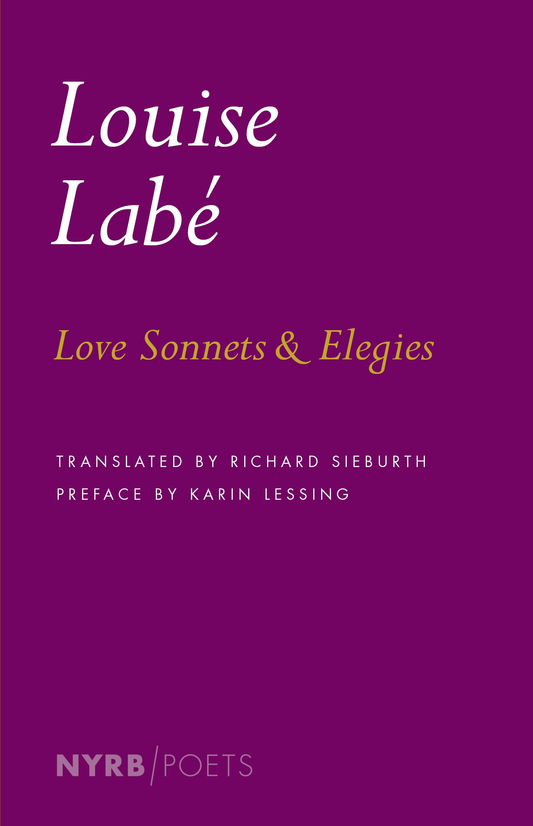Collection:
Louise Labé
Louise Labé was born between 1516 and 1522 in Lyon, France. Her father was a ropemaker and her mother died when she was an infant. It is thought that Labé may have been sent to the sisters of the convent of La Déserte for her primary and secondary schooling, where she would have learned the arts of needlecraft and music in addition to Latin and Italian. Legend has it that she excelled on horseback and jousted in tournaments dressed as a man. In her twenties, Labé married a ropemaker twenty years her elder. In her lifetime she gained a reputation as a scholar and, to her enemies, as a femme sçavante, or courtesan. Her complete writings, Euvres de Louïze Labé Lionnoize, were published in 1555 and included a preface dedicated to Clémence de Bourges, three elegies, twenty-four sonnets, a prose work titled “The Debate Between Folly and Love,” and twenty-four homages to her addressed by various Lyonnese men of letters. After her death on Febuary 15, 1566, her legend continued to grow. Rilke famously published his German versions of Labé’s sonnets in 1917, and in his anthology of sixteenth-century verse, Léopold Senghor pronounced her “the greatest poetess ever born in France.” To this day the “Ami” of her love poems remains a mystery.





